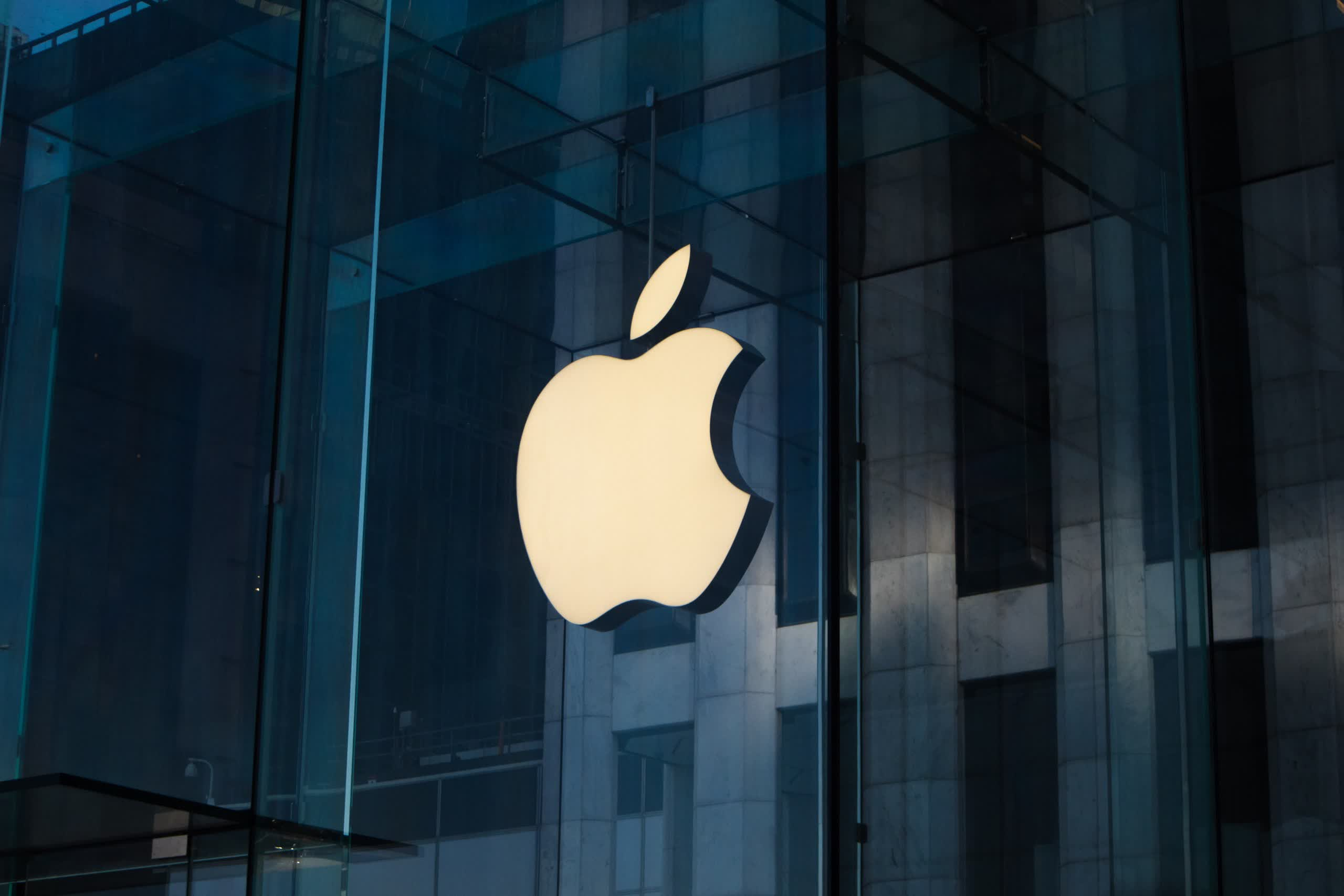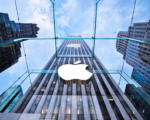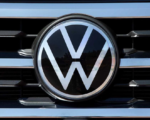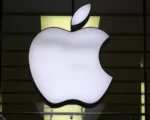Congo Lawyers Demand Verification of Apple’s Supply Chain Statement

International lawyers representing the Democratic Republic of Congo (DRC) have cautiously welcomed Apple’s announcement to stop sourcing minerals from the region due to escalating conflict. However, they emphasized that their legal proceedings against the tech giant in Europe would continue.
Earlier this week, criminal complaints were filed against Apple subsidiaries in France and Belgium on behalf of Congo. These lawsuits accuse the company of using conflict minerals—specifically tin, tantalum, and tungsten (known as the 3T minerals)—in its supply chain. Such minerals are crucial for manufacturing computers and mobile phones but are often sourced from artisanal mines controlled by armed groups accused of massacres, sexual violence, and other severe human rights violations.
On Tuesday, Apple denied the allegations, stating that it instructed suppliers to cease sourcing the 3T minerals from Congo and neighboring Rwanda earlier this year. The company noted that it had taken the step because escalating conflict had made independent audits and due diligence impossible. Apple also highlighted its commitment to recycling minerals for use in its devices and funding organizations to improve mineral traceability.
Lawyer’s Response and Demands for Proof
The lawyers representing Congo acknowledged Apple’s statement with a mix of satisfaction and skepticism. “Apple’s claims about changes to its supply chain must be verified with evidence—facts, figures, and on-the-ground inspections,” they said in a statement to Reuters on Wednesday.
They further noted that Apple’s announcement does not absolve it of responsibility for alleged past crimes. “It is now up to French and Belgian judges to assess the case,” the lawyers added. Authorities in both nations have yet to comment on the legal proceedings.
Allegations of Complicity
The lawyers argue that Apple’s use of minerals from Congo, allegedly laundered through international supply chains, implicates the company in the crimes committed by armed groups operating in the region. These groups fund their operations and purchase weapons using profits from smuggled minerals, often trafficked through Rwanda, according to reports by U.N. experts and rights organizations.
Apple maintains that it does not directly source minerals from primary mining operations and routinely audits its suppliers. The company’s Tuesday statement confirmed that most of the 3T minerals used in its products are recycled.
The Human Cost of Conflict Minerals
Since the 1990s, Congo’s eastern mining regions have been ravaged by armed conflict, with millions of civilians killed or displaced. The ongoing competition for control over lucrative mineral resources has been identified as a primary driver of these conflicts. Armed groups and some elements of the Congolese military use proceeds from illegal mineral exports to sustain operations and acquire weapons.
Neighboring Rwanda has been accused by rights groups and U.N. experts of benefiting from Congo’s mineral trade, allegations which Kigali denies.
Next Steps
While Apple’s announcement is seen as a step in the right direction, lawyers and advocacy groups argue that its supply chain practices must be closely scrutinized. The European courts will now decide whether the tech giant is accountable for its alleged role in sustaining conflict in Congo’s mineral-rich regions.





















